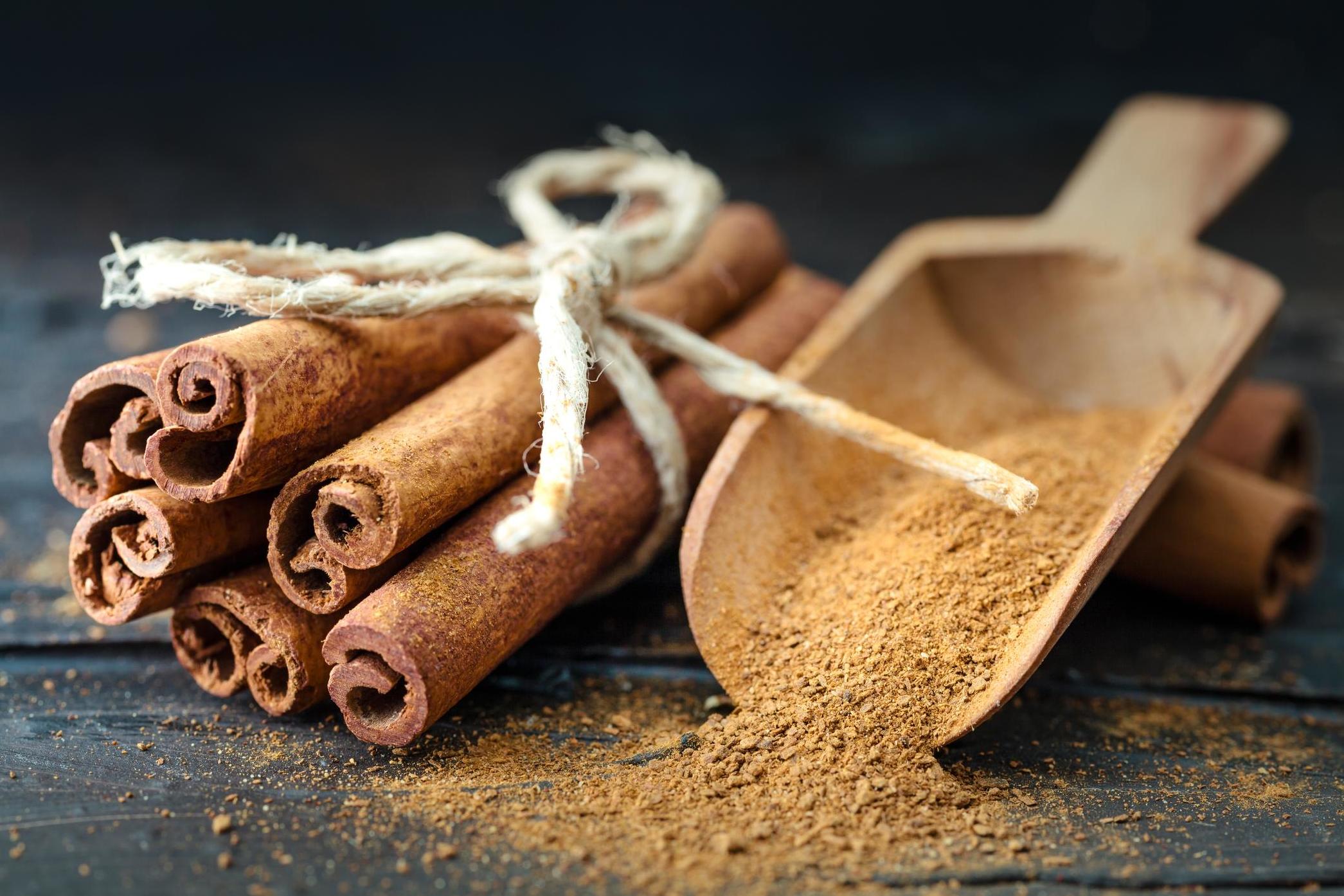Cinnamon helps burn fat cells, study finds
An essential oil in the spice could boost your metabolism

Your support helps us to tell the story
From reproductive rights to climate change to Big Tech, The Independent is on the ground when the story is developing. Whether it's investigating the financials of Elon Musk's pro-Trump PAC or producing our latest documentary, 'The A Word', which shines a light on the American women fighting for reproductive rights, we know how important it is to parse out the facts from the messaging.
At such a critical moment in US history, we need reporters on the ground. Your donation allows us to keep sending journalists to speak to both sides of the story.
The Independent is trusted by Americans across the entire political spectrum. And unlike many other quality news outlets, we choose not to lock Americans out of our reporting and analysis with paywalls. We believe quality journalism should be available to everyone, paid for by those who can afford it.
Your support makes all the difference.Scientists have found that an ingredient in cinnamon could help fat-burning in humans.
Cinnamaldehyde is an essential oil that helps give the spice its distinctive flavour and has been proven to protect mice against obesity in previous studies.
Now, researchers at the University of Michigan have claimed that the oil also activates thermogenesis, a metabolic bodily process which burns calories to produce heat.
This process can help kickstart weight loss, leading the study’s authors to conclude that cinnamon could boast a series of metabolic benefits.
Lead author Jun Wu, research assistant professor at the Life Sciences Institute was aware of the benefits of cinnamaldehyde thanks to previous studies and wanted to further examine its effect on the body.
"Scientists were finding that this compound affected metabolism," he explained.
“So we wanted to figure out how -- what pathway might be involved, what it looked like in mice and what it looked like in human cells."
Wu and his team tested the fat cells from a range of volunteers and noticed an increased expression of the genes and enzymes that enhance lipid metabolism after they’d been treated with cinnamaldehyde.
This led him to believe that when ingested by humans, cinnamaldehyde and therefore cinnamon could help provoke thermogenesis and subsequent fat-burning processes in the body.
While additional research is required in order to confirm the benefits don’t come with adverse side effects – plus, Wu has thus far only tested his theory on human cells in a laboratory – Wu believes his results are promising in terms of addressing the rising obesity epidemic.
"Cinnamon has been part of our diets for thousands of years, and people generally enjoy it," Wu said.
"So if it can help protect against obesity, too, it may offer an approach to metabolic health that is easier for patients to adhere to."
Join our commenting forum
Join thought-provoking conversations, follow other Independent readers and see their replies
Comments